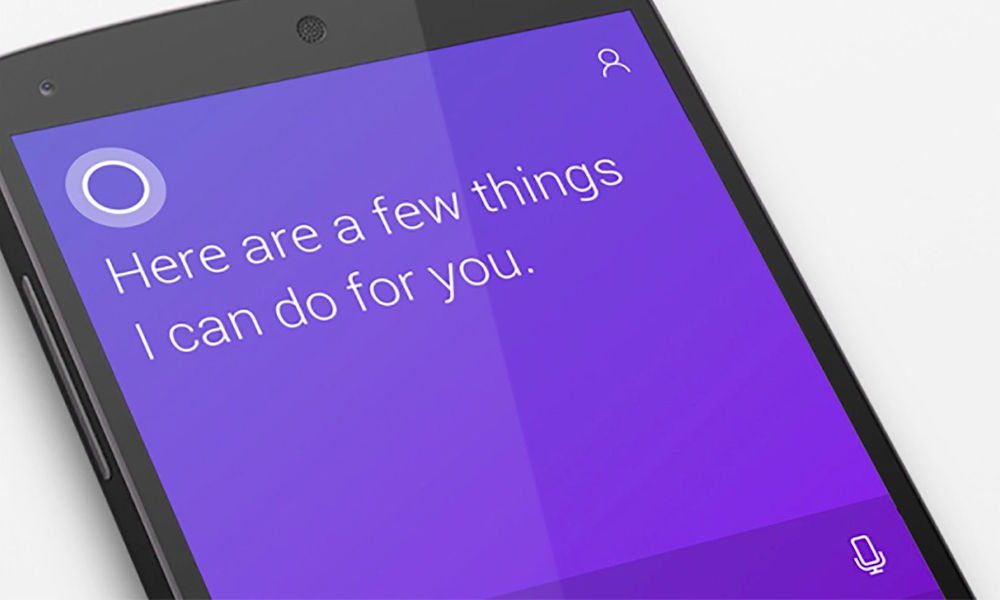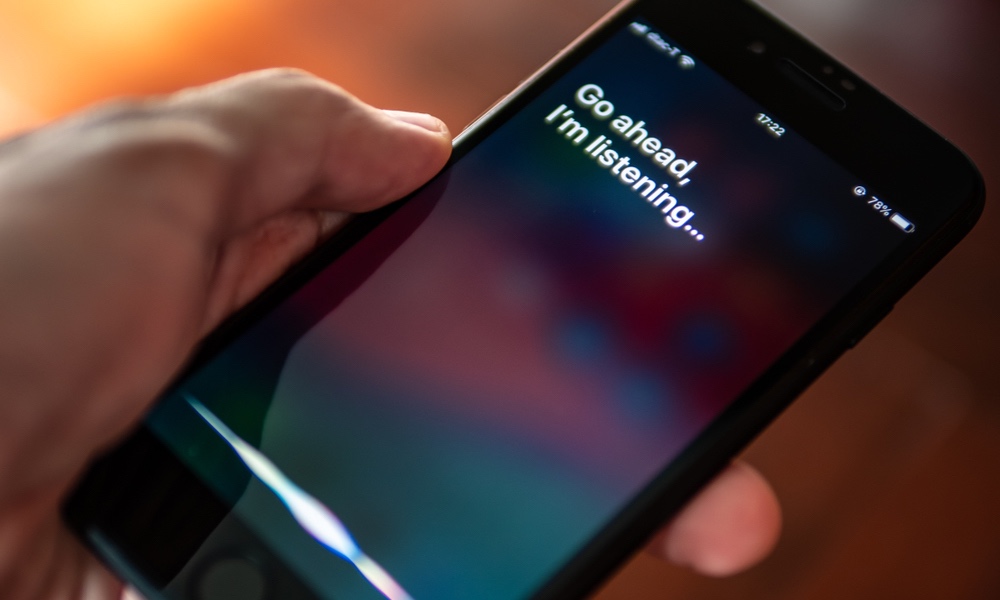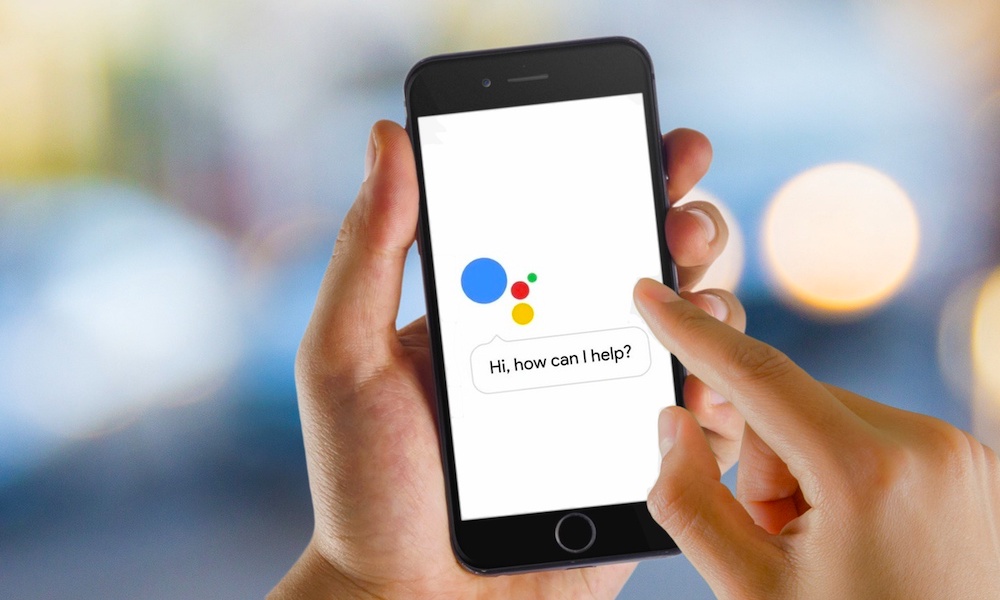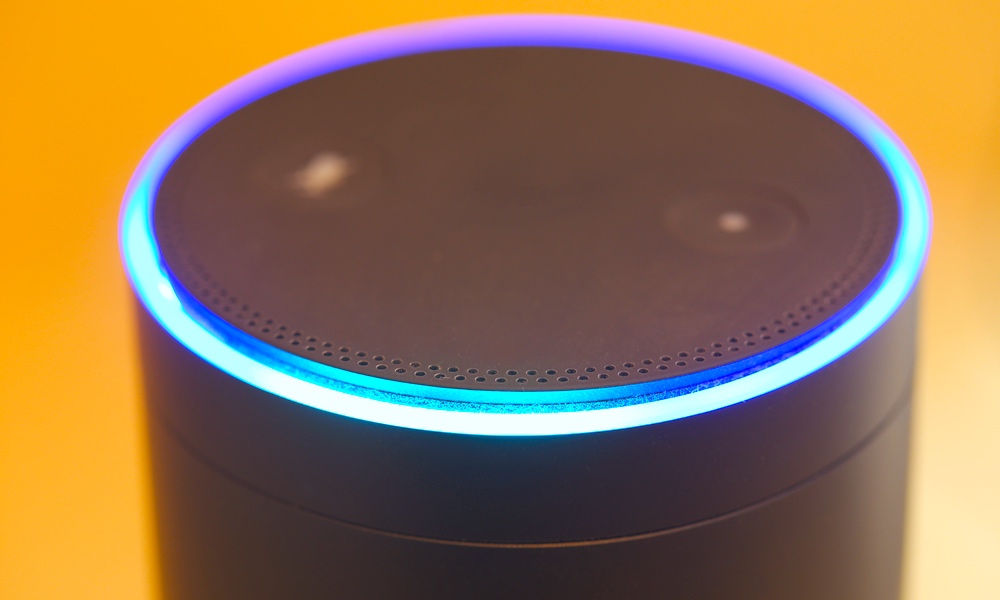FAQ: Which Is the Best Virtual Assistant for My Smart Home?
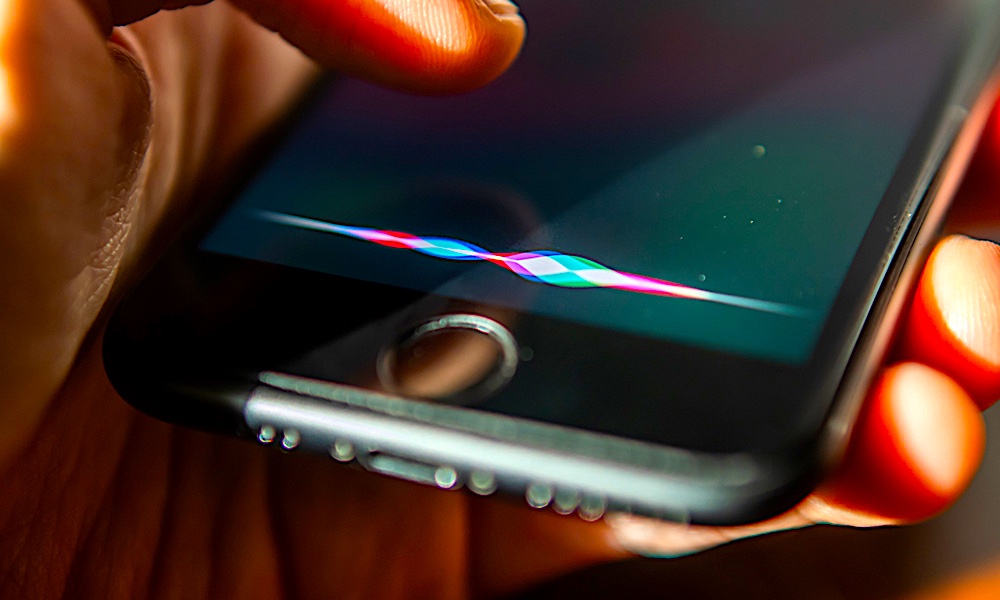 Credit: Wachiwit / Shutterstock
Credit: Wachiwit / Shutterstock
Toggle Dark Mode
The typical virtual assistant has a new role these days: It’s a smart home manager, a way to connect and control a variety of home automation devices with a simple voice command instead of pulling out your phone and looking for the right app.
But which voice assistant is the best choice for smart home control? We’re taking a look at the top options, when they’re the right or wrong choice, and which is best overall.
Cortana
Cortana is Microsoft’s voice assistant but isn’t really a contender for a voice assistant for your smart home. Unfortunately, Microsoft isn’t involved in the smart home scene, and while Cortana is evolving abilities within Microsoft’s ecosystem (Office 360 capabilities, etc.), the voice assistant barely works with any smart home devices. That’s why Cortana isn’t really a consideration for controlling your smart home, unlike Siri.
Siri
Apple’s voice assistant Siri is an interesting combination of native abilities designed to be used on Apple operating systems, with some smart home capabilities on the side, like working with HomePod and many HomeKit-compatible devices. Siri is also pretty good at answering questions by researching info on the internet, and can sometimes offer more in-depth data than Google Assistant can – depending on the circumstances.
However, where Siri struggles is smart home compatibility beyond Homekit devices.
Apple doesn’t have the reach in the smart home world that Google Assistant and Amazon Alexa do. Using Siri greatly limits what compatible smart devices you can find. If your dream is to control tech all across your home with voice commands, Siri isn’t the best choice.
Google Assistant
Google Assistant excels at managing your calendar, answering questions, and finding information online – not surprising, considering Google is behind it. But the voice assistant also resides in Nest Home devices and can connect with a variety of smart home technologies.
Nearly two years ago, Google announced plans to ditch its “Works with Nest” program for something that encouraged more data privacy, and as a result, Google Assistant lost a lot of support for smart devices at that time. However, Google Assistant has slowly been regaining compatibility among smart home brands since then and now has a wide range of devices it can control – including, of course, Google’s own Nest brand smart devices, which are high-quality and an excellent pick for home automation.
But where Google Assistant really shines is using smart home devices more interactively than just giving commands. Google Assistant has some of the best support for streaming both music and video services and works very well with Chromecast, too. That makes it a great voice assistant for smart speakers and smart displays, although not quite as useful for other home automation devices that may be spread across your house.
Alexa
When it comes to sheer compatibility with smart tech across the home, nothing can really beat the Alexa voice assistant. Alexa can control a huge number of brands and types of smart devices, from thermostats and security systems to vacuum cleaners, microwaves, printers, routers, smart plugs – well, you can find the full list here. This allows Alexa to excel at setting up more complicated smart home scenes with multiple devices, and generally makes compatibility more likely no matter what devices you have.
Alexa can also play music or videos and answer questions about nearly anything, although not always with the same accuracy as Google Assistant – esoteric questions tend to trip Alexa up, although she does have a plethora of witty comebacks for more traditional questions. Like Google Assistant, Alexa also has many different games and activities you can play for kids, parties, nighttime story reading, and more.
However, even more than Google Assistant (which is easy to find on a phone), Alexa is generally bound by a narrow category of smart devices where the assistant lives. While the Alexa app can be downloaded to any mobile device, the voice assistant is designed to be used with Echo devices, and only exists outside of Echos in a few rare exceptions, like being built into thermostats or smoke detectors. In other words, you probably need an Echo to make it work.
For the 2020 smart home, our recommendation is using the Alexa voice assistant in most cases. Alexa has some of the best compatibility ratings for smart devices right now, making it far easier to find new devices that will still work with the voice assistant. Amazon has also done a good job of building up Alexa’s smart home compatibility for creating scenes involving multiple devices.
There are specific cases where the other voice assistants can work better. If you have only invested in Nest devices, for example, then choosing Google Assistant may be the best choice for you. Google Assistant is also a good choice for those who already use it for scheduling events and or accessing their services.
Siri may be a good choice if the only smart home device you have is the HomePod and a few strictly HomeKit compatible extras, but isn’t a great choice for larger systems. Siri also supports video streaming compatibility through the Home app, similar to Alexa. While Siri is relatively limited, new features are added routinely through iOS updates every year.

